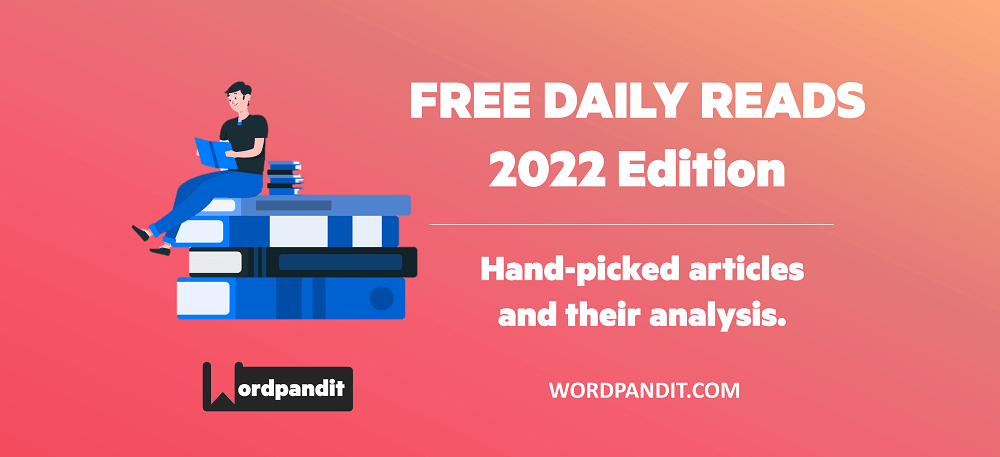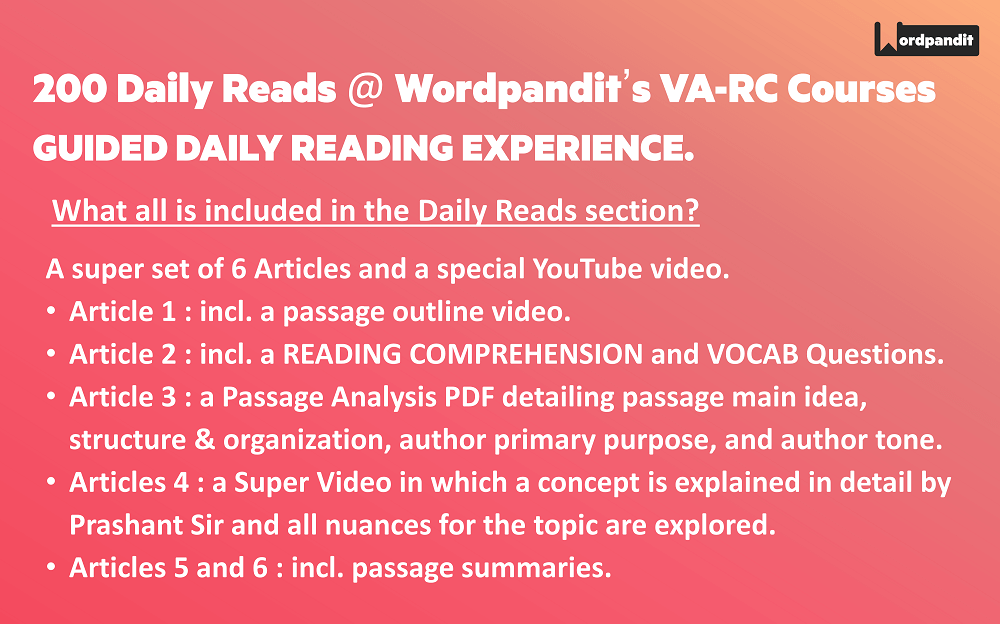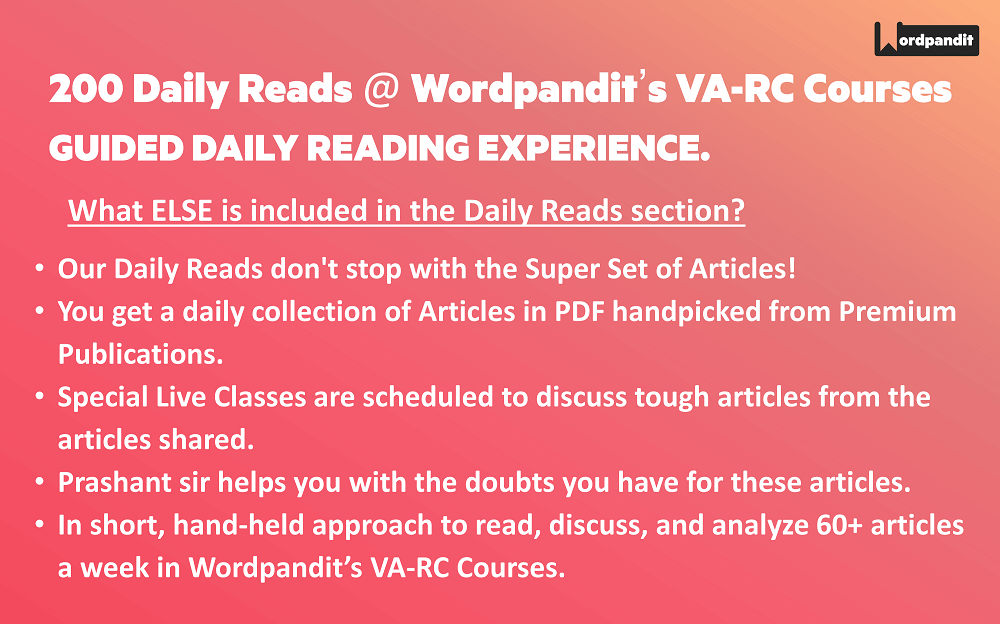Article Title: What Does It Mean When We Call Addiction a Brain Disorder?
Article Summary
This article delves into the topic of drug addiction as a brain disorder. The author starts with how when they compared the brain images of people with drug addiction and non drug addicts they found out that these images provided the first evidence in humans that there were changes in the brains of addicted individuals that could explain the compulsive nature of their drug taking.
Now a scientific consensus has emerged that addiction is a chronic but treatable medical condition involving changes to circuits involved in reward, stress, and self-control; this has helped researchers identify neurobiological abnormalities that can be targeted with therapeutic intervention. Yet the medical model of addiction as a brain disorder or disease has its vocal critics as this way minimizes the impact of important social and environmental causes which lead to drug addiction. Critics of the brain disorder model also sometimes argue that it places too much emphasis on reward and self-control circuits in the brain, overlooking the crucial role played by learning. While the latter states that Our reward and self-control circuits evolved precisely to enable us to discover new, important, healthy rewards, remember them, and pursue them single-mindedly while drugs are said to hijack those circuits.
The author states how Medications cannot take the place of an individual’s willpower, but they aid addicted individuals in resisting the constant challenges to their resolve thus saving lives. He briefs us that it is the complex interactions among the biological factors that underlie disorders like addiction as well as the ability to recover from them. Understanding the ways social and economic deprivation raise the risks for drug use and its consequences is central to prevention science and is a crucial part of the biopsychosocial framework.
Highly potent drugs currently claiming so many lives, such as heroin and fentanyl exert their effects on sensitive brain circuitry that has been fine-tuned over millions of years and because they facilitate the same learning processes as natural rewards, drugs easily trick that circuitry into thinking they are more important than natural rewards like food or parenting. The author concludes that by viewing addiction as a treatable medical problem from which people can and do recover is crucial for enabling a public-health–focused response that ensures access to effective treatments and lessens the stigma surrounding this condition.
Article Link: Click here to read the full article
Words to learn from this Article:
Chronic: persisting for a long time or constantly recurring.
Compulsive: resulting from or relating to an irresistible urge.
Stigma: a mark of disgrace associated with a particular circumstance, quality, or person.
Substrate: an underlying substance or layer.
Resilience: the capacity to recover quickly from difficulties; toughness
Maladaptive: not adjusting adequately or appropriately to the environment or situation.
Afflicts: cause pain or trouble to; affect adversely.
Want more Daily Reads? Explore here:








